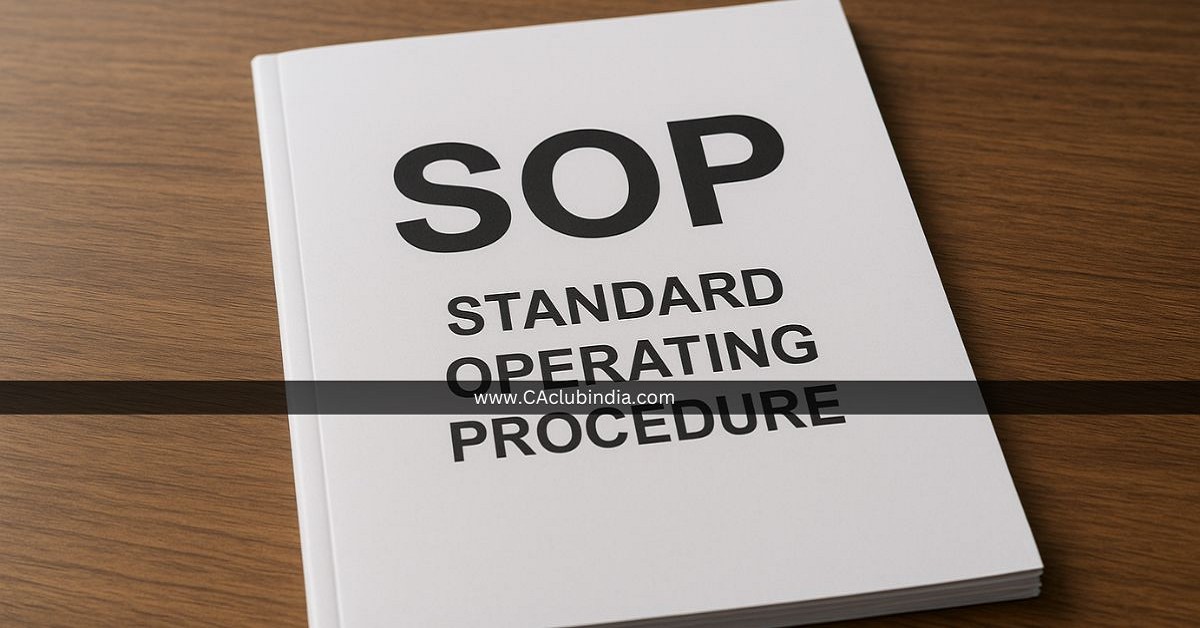The Telangana Commercial Taxes Department has released a new Standard Operating Procedure (SOP) aimed at preventing and rectifying the issuance of multiple adjudication orders for the same cause of action, time period, and taxable event under the Telangana Goods and Services Tax (TGST) Act, 2017. The directive follows the Telangana High Court's observations in WP Nos. 20731 & 24077 of 2025 dated September 8, 2025.

Why This SOP Was Needed
The department noted several cases where officers issued more than one notice or order for the same underlying GST issue, creating inconsistencies and unnecessary litigation. Under Section 161 of the TGST Act, errors apparent on record-including accidental slips or duplications may be rectified within prescribed time limits.
The SOP clarifies that issuing multiple notices or orders for the same taxable event qualifies as an error arising from accidental slips, and therefore can be corrected under the second proviso of Section 161, which allows rectification without the six-month limitation.
Key Guidelines Issued Under the SOP
The Commercial Taxes Department has outlined a structured approach for officers to handle such cases:
1. Rectification Allowed Within Six Months
Officers may correct multiple or erroneous orders within six months from the date of issuance, as enabled under Section 161.
2. Duplicate Orders Must Be Addressed
If more than one order is issued for the same matter, officers must take corrective action by following the second proviso to Section 161.
3. Remove Repeated Tax Portions
In case of duplicated orders, the tax portion in the second or subsequent order must be deleted, retaining only fresh components not covered earlier. Officers must consolidate and compute a single comprehensive tax liability under SGST, CGST, and IGST.
4. Higher Liability in Later Order Must Trigger Revision
If a repeated order initially reflects higher tax liability which is subsequently reduced during rectification, officers must inform the revisional authority to initiate action under Section 108 as the first order becomes prejudicial to revenue interests.
5. Initiation of Appeal Proceedings
If revision under Section 108 is not applicable, officers must notify the Commissioner to initiate proceedings under Section 107(2) for the same reason.
6. No Rectification Needed for Distinct Issues
If subsequent orders address entirely different issues, rectification under Section 161 is not required.
7. Taxpayers Must Be Informed
Officers are advised to inform taxpayers proactively about multiplicity of orders and initiate rectification where required.
What This Means for Taxpayers
The SOP brings clarity and relief for taxpayers who previously faced confusion and compliance burden due to multiple GST orders. It ensures:
- Prevention of duplicate tax demands
- Faster correction of administrative errors
- Reduced litigation
- Better transparency in departmental workflow
The directive is signed by M. Raghunandan Rao, I.A.S., Commissioner of Commercial Taxes, Telangana.
Official copy of the SOP has been attached







 CAclubindia
CAclubindia
